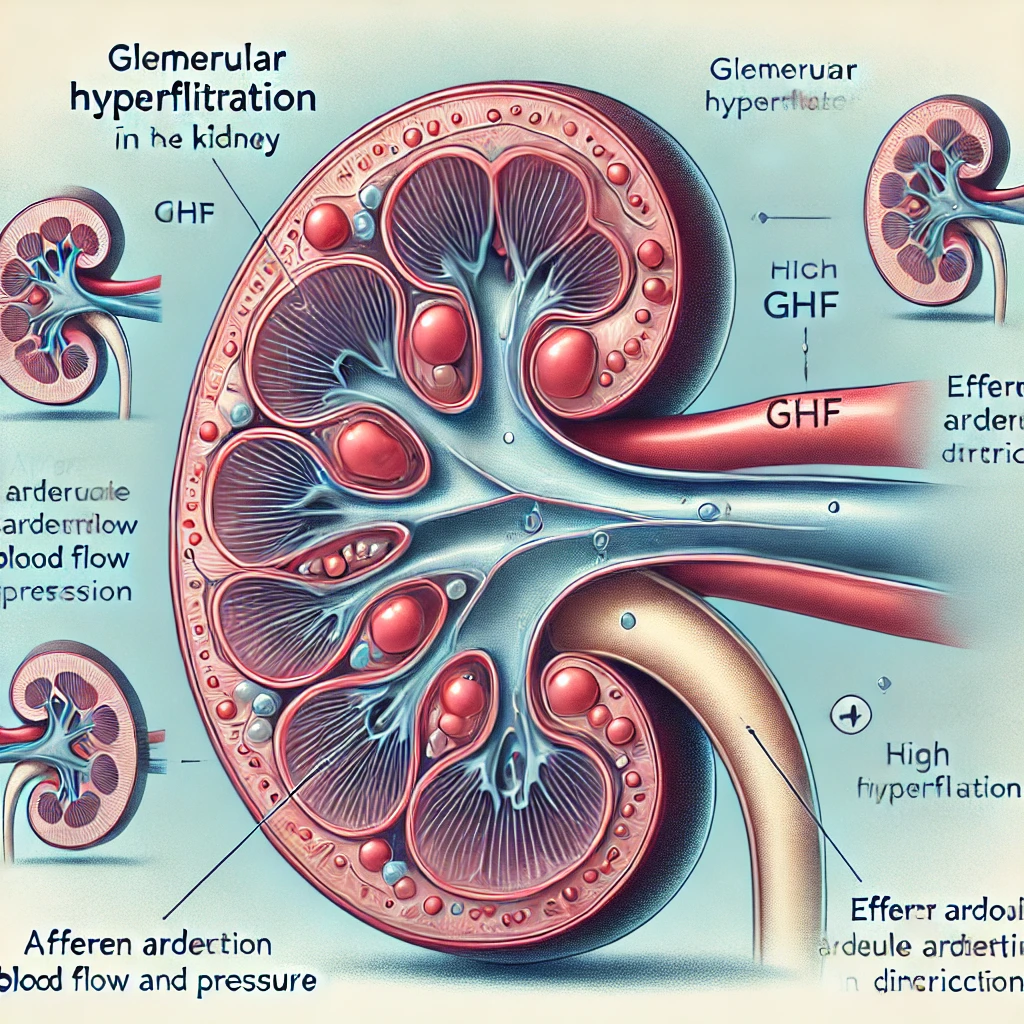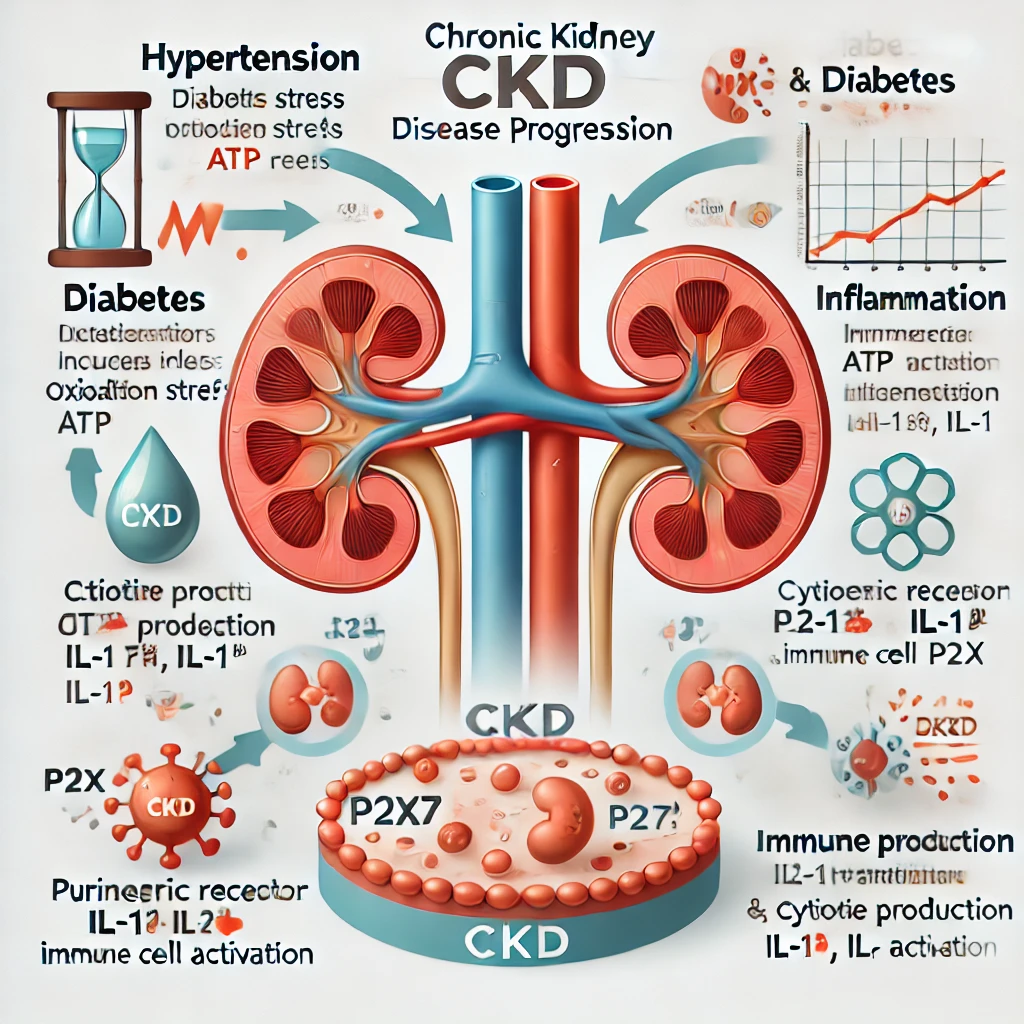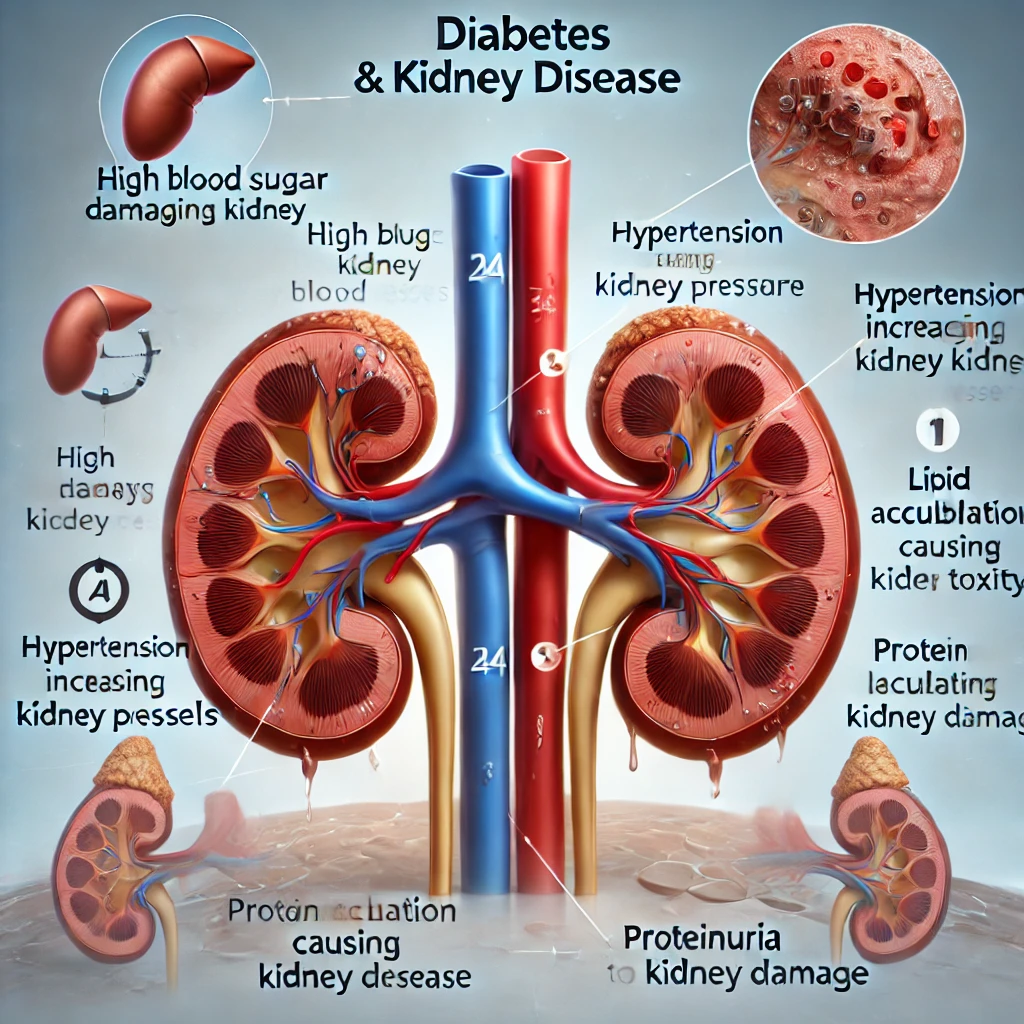Why Absolute eGFR Values Are Not Enough: Clinical Application of Age- and Sex-Specific Percentiles in Glomerular Hyperfiltration (GHF)
Hello and welcome to [Blog Name], where we take the first step toward healthier kidneys together. Today, let’s talk about one of the most essential indicators of kidney function: estimated glomerular filtration rate (eGFR). Many… Why Absolute eGFR Values Are Not Enough: Clinical Application of Age- and Sex-Specific Percentiles in Glomerular Hyperfiltration (GHF)




